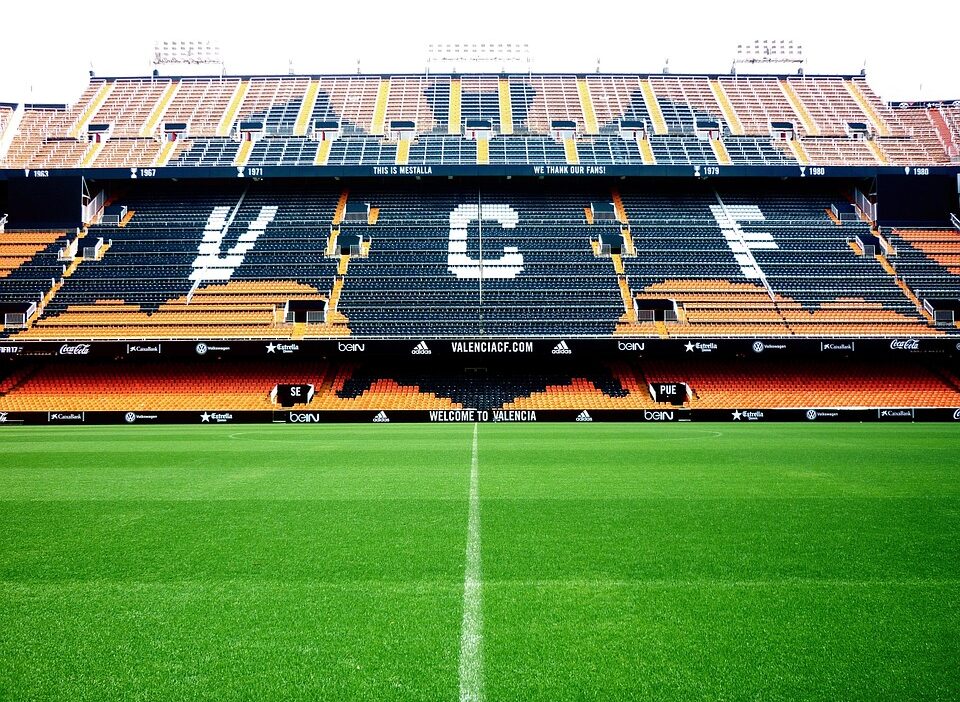Introduction
Traditionally, arenas have been viewed primarily as sites for sporting events—places where teams collide in a battle for victory, and fans gather to cheer their favorites. However, the role of arenas has evolved significantly over the years, transforming them into multifaceted community spaces that serve much more than just the athletic community. From hosting concerts and cultural events to serving as hubs for social engagement and local gatherings, arenas have become vital assets in fostering community spirit and interaction.
A Hub for Cultural Events
In addition to sporting events, many arenas now host a variety of cultural programs and performances. Whether it’s a concert by a world-renowned artist, theatrical performances, or community festivals, these venues enable diverse expressions of art and culture. For example, the United Center in Chicago not only sees intense basketball games but also welcomes popular music acts, award shows, and large-scale events like the circus or ice shows. This variety enriches the cultural landscape of the community and attracts visitors from different backgrounds.
Community Engagement and Wellness
Beyond entertainment, arenas often function as spaces for community engagement. Many venues now prioritize hosting local events such as farmers’ markets, health fairs, and job expos, directly connecting citizens with essential resources and fostering community spirit. These activities are particularly crucial in urban settings, where communities can come together, share experiences, and support local businesses in a familiar environment.
Additionally, some arenas provide programs focused on health and wellness, offering fitness classes or workshops. For instance, arenas might host initiatives aimed at promoting physical activity among residents, making them not just centers for spectators but active participants in their own health journeys.
Educational Initiatives
Many arenas engage with local schools and educational institutions to promote youth development through sports and arts. Workshops, mentorship programs, and partnership events create pathways for students to connect with professional athletes and local artists. Initiatives such as "school nights" at games provide students with not only a fun experience but also opportunities to learn about teamwork, leadership, and community involvement.
By fostering such relationships, arenas become instrumental in shaping the future of the youth in the community, encouraging life skills and aspirations beyond sports.
Economic Impact
The multifunctional use of arenas also contributes significantly to local economies. Events held in these spaces bring people together to spend money on food, merchandise, and accommodations, benefiting nearby businesses. Furthermore, the development and maintenance of these venues create jobs, both directly in the arena and indirectly in sectors like hospitality and transportation.
This economic investment is vital for thriving communities, illustrating how arenas can be seen as engines of local growth and sustainability.
Creating Inclusive Spaces
Modern arenas increasingly embrace inclusivity by ensuring that all community members can access their facilities and programs. Many venues participate in social initiatives aimed at supporting marginalized groups, offering special programs for those with disabilities, and ensuring equitable ticket pricing for events. By prioritizing accessibility, arenas can foster a sense of belonging and connection among diverse populations in the community.
Conclusion
Arenas have transcended their original purpose as mere sports venues to become dynamic community spaces that cater to a wide array of interests and needs. By serving as cultural hubs, venues for engagement and education, economic drivers, and inclusive gathering spaces, they play a crucial role in nurturing community identity and relationships.
As communities continue to evolve, the transformation of arenas into multifaceted hubs will undoubtedly enhance social connections and contribute to the overall well-being of residents. These venues remind us that sports may bring us together, but it is the shared experiences, culture, and community spirit that truly create lasting bonds.



